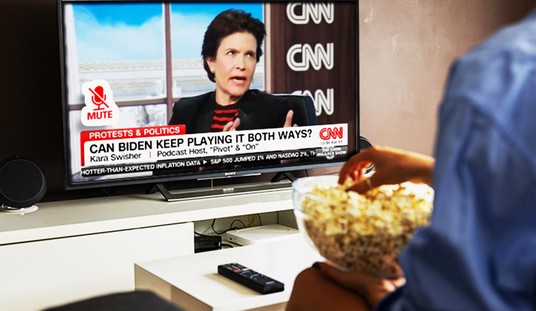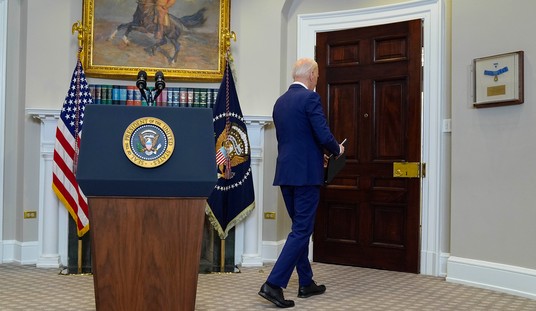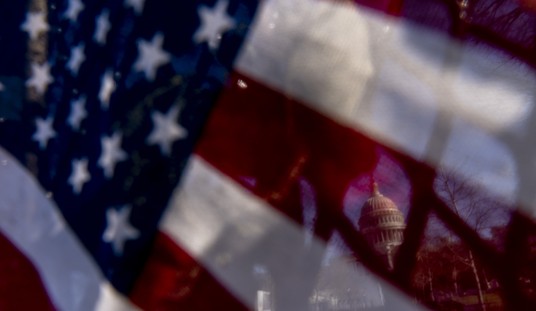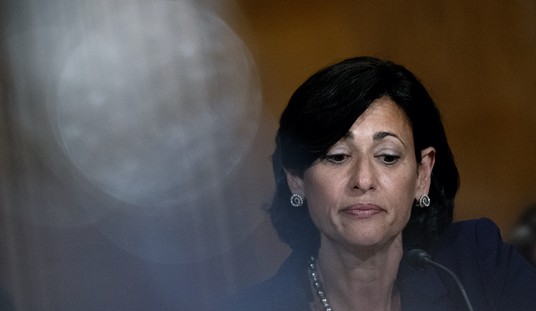Did the US have a plan to retaliate against Russia for its cyberwarfare and interference during the 2016 election cycle? Yes, former CIA director John Brennan told an audience at UC Berkeley this weekend, picked up by the Free Beacon’s Bill Gertz this morning. The intelligence community presented Barack Obama a plan to initiate counter-cyberwarfare attacks to push back against Moscow. However, Brennan said, Obama chose to issue a stern warning instead:
Despite an unprecedented Russian intelligence operation to influence the 2016 presidential election, former President Barack Obama rejected a plan to conduct retaliatory cyber action against Moscow during the campaign, according to former CIA Director John Brennan.
Brennan disclosed Saturday that Obama opposed a plan to carry out “a cyber event” against the Russians because the former president feared the action would lead to more aggressive interference by Moscow.
“There was consideration about rattling their cages with some type of cyber event,” Brennan said during remarks to a journalism conference at the University of California Berkeley.
But based on Obama’s fears, the planned cyber action was shelved in favor issuing vague warnings to Russian officials. Brennan did not elaborate on the cyber retaliation plan.
Brennan’s remarks were intended to defend Obama and his response to Russian interference, Gertz notes. He says that the Obama administration wanted to “strike the right balance” between defending against the attacks and trying to keep from politicizing the election. Consider the alternative, Brennan asks:
“So if we did more things and stood at the hilltops and cried out, ‘the Russians, the Russians are trying to help Trump get elected,’ and if President Obama who is the titular head of the Democratic Party were to do that, I think that there would have been a lot of people would believe, I think with some justification, that the President of the United States was trying to influence the outcome of a presidential election,” Brennan said.
This is not an entirely unfair point. Every four years, people brace for an “October surprise” from an incumbent president to boost the chances for re-election or the election of the nominee of the incumbent’s party. If Obama had gone public in September 2016 and gone full tilt into a cyberwar with Russia, Republicans would have accused him of a September surprise.
There are only a couple of small holes in Brennan’s argument, though. The first is that Obama did go public with the Russian threat … in October 2016, no less, and it had been leaking out of the Obama administration for months at that point. In fact, the Obama administration also leaked out a CIA plan for massive cyber retaliation in the middle of the same month, just three weeks before the election, a plan which was never activated. Obama was in full “The Russians are coming” mode by that point anyway — so why not make the Russians pay for it?
Second hole: The US picked up on these efforts much earlier than the DNC hack. First, Russia has longstanding disinformation campaigns against Western elections, but as early as 2014, intelligence showed that Moscow was going to put more resources into it. Senator Tom Cotton warned the administration that they were unprepared for the hostile action to come and tried to get Obama to expand counter-propaganda resources in 2015, only to get his proposal shot down by Obama himself. At the same time, a similar project at the State Department got dismantled, according to John Schindler.
It seems very clear that Obama wanted to believe until nearly the very end that he could improve relations between the US and Russia. From the “reset button” to “more flexibility” to the handoff of Syria to Vladimir Putin and even past the invasion of Ukraine, Obama seemed to think that the problem in US-Russian relations was the US side of it, and that Obama was the solution. He didn’t want to upset the applecart because he believed he could hand that off to Hillary Clinton and that she would solve the problem after he left. Only after Hillary lost did Obama finally get tough with Putin, and that’s only because time had run out on his messiah complex.
To some extent, though, Donald Trump came into office with the same delusion — that he alone could fix US-Russian relations. At least the scales appear to have fallen from his eyes a little sooner than they did from Obama’s, and from George W. Bush’s too.







Join the conversation as a VIP Member